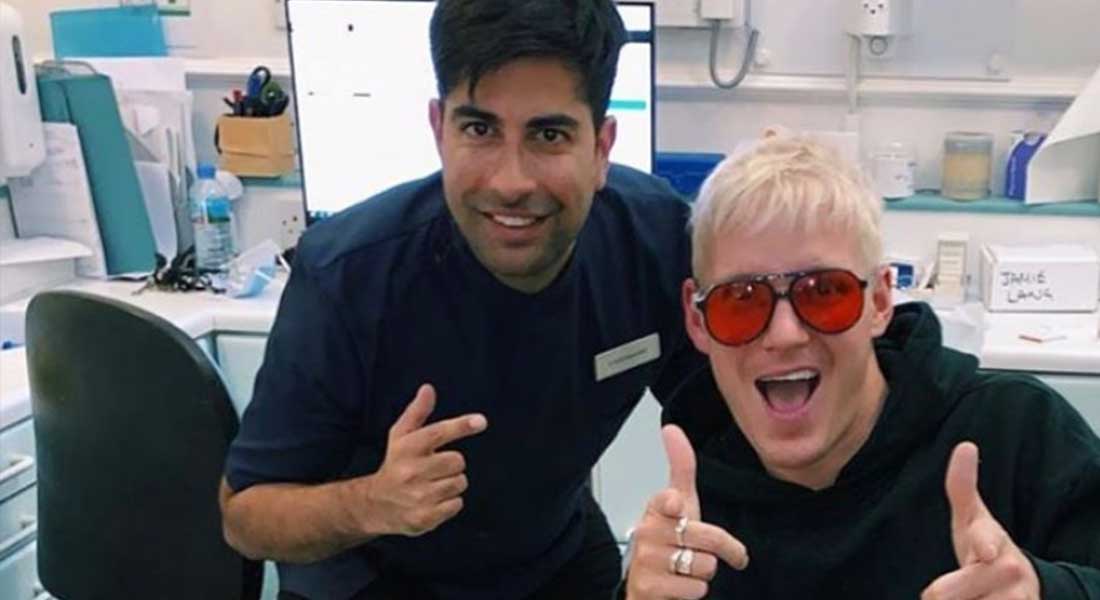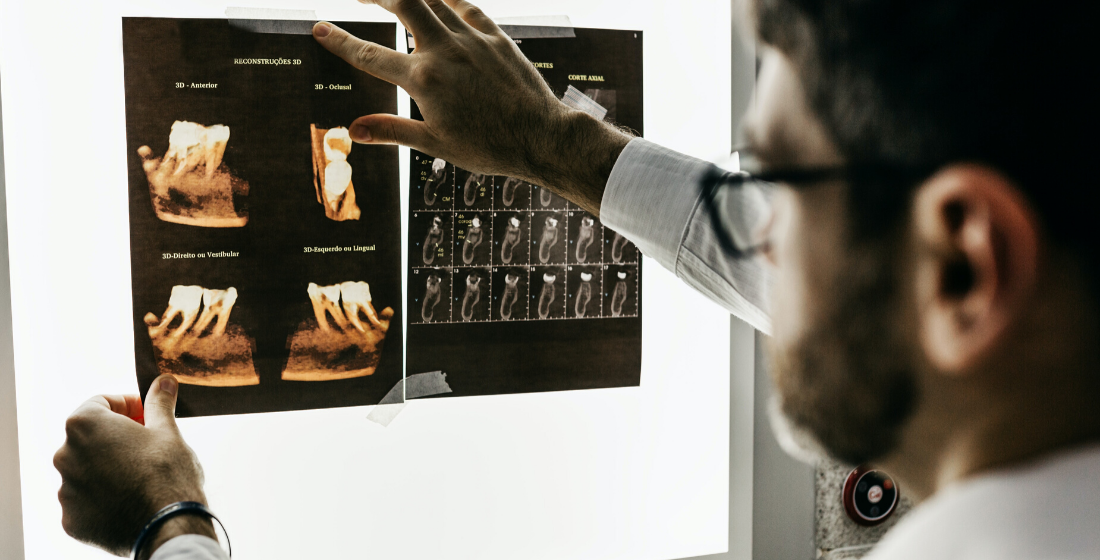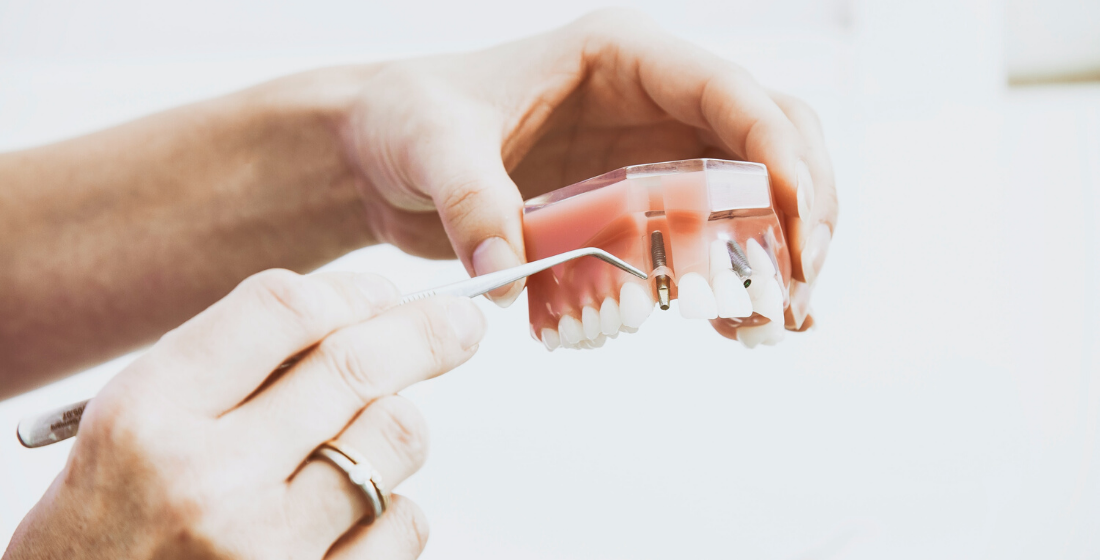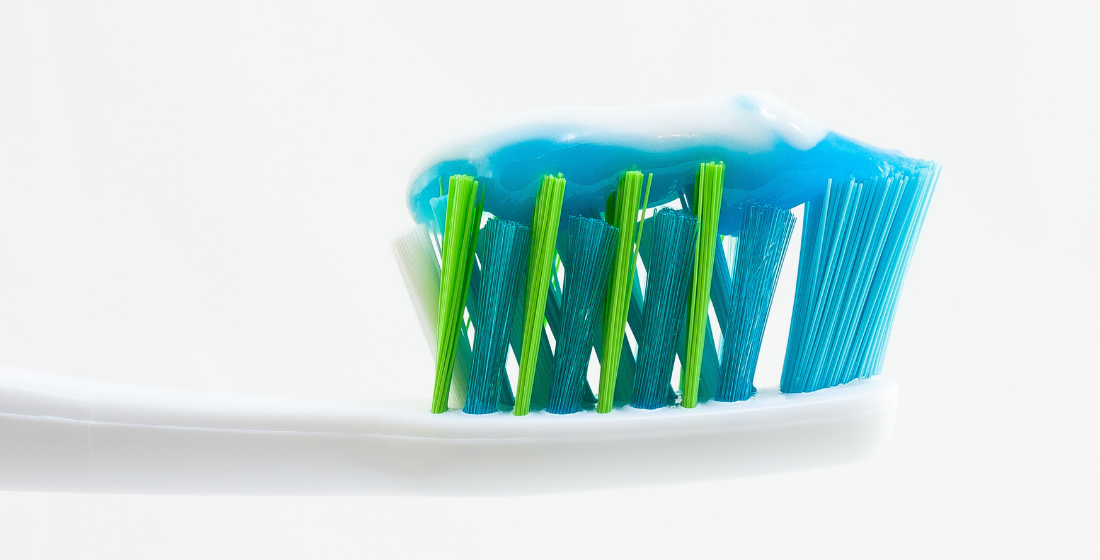Since lockdown in the UK, there has been an increase in the number of people searching for emergency dentist advice online. If you have suffered a dental emergency, here’s some professional advice from a dentist.

Leading London dentist Dr Richard Marques who graduated with distinction from Guy’s, Kings and St Thomas institute of dentistry gives his expert emergency dentist advice for people suffering during lockdown. If your dentist appointment has been cancelled, postponed or you’ve suffered a dental emergency during social distancing, Dr Richard Marques can offer you his expert advice on how to treat and care for your teeth while your dentist surgery is shut.
Dr Richard Marques said: “Whilst we appreciate that the urgent dental care centres being opened by the government, it has been a very slow process leaving some patients without vital and urgent dental care. The redeployment of dentists within the health service is a great scheme and should be supported, however adequate PPE and COVID-19 testing must be made available for this increasing workforce. Dentistry is a vital healthcare service and must remain a priority for the government. It should also be a priority to reinstate the dental workforce once COVID-19 figures decrease, to ease the burden on an already overwhelmed healthcare service.”

Dentist for many celebrities and famous faces in London, Dr Richard Marques explains emergency dental treatment for patients who can’t get to a dental surgery due to social isolation or lockdown restrictions.
Emergency Dentist Advice from a London Dentist
Following the recent news story of a man who pulled out his own tooth, Dr Richard Marques gives his expert advice on home dental emergencies.
How to Care For Your Teeth at Home? Emergency Dentist Advice
- If your teeth is knocked out, place it in a glass of milk until it can be treated (the milk helps keep an acid-alkali ratio meaning the tooth won’t swell)
- Dab a small amount of clove oil on the affected area to help reduce pain
- Take paracetamol (or if safe to do so, ibuprofen) to help reduce the immediate pain
- Hold an ice pack (or a pack of frozen veg) on areas of swelling
- Dissolve salt in warm water and rinse thoroughly for 60 seconds to help remove bacteria and clear infection
What can you do if your tooth is loose at home?
Do not attempt to remove it yourself! This can cause permanent damage and potentially leave some of the tooth behind, all of which would be extremely painful and risky. Many clinics are offering video consultations, so try to speak to a professional in the first instance.
If your teeth does fall out, place it in a glass of milk until it can be treated (the milk helps keep an acid-alkali ratio meaning the tooth won’t swell). Take paracetamol (or if safe to do so, ibuprofen) to help reduce the immediate pain and hold an ice pack against the affected area to reduce swelling.
What is the best home remedy for toothache – Emergency Dentist Advice
Dabbing a small amount of clove oil on the affected area will help reduce the pain as it contains the active ingredient eugenol, which is a natural aesthetic and acts as a mild numbing agent. You can also dissolve salt in warm water and swish around the mouth for 60 seconds to help remove bacteria and clear any infections that might be causing the pain.
What 3 things should you do to maintain good dental hygiene during lockdown?
- Brush your teeth twice a day. I highly recommend using an electric toothbrush too. We can’t recreate the oscillation that removes surface plaque from the teeth so effectively using a manual brush!
- Remember to floss regularly to remove debris and food particles trapped between the teeth from rotting. Don’t forget to brush your tongue too! It’s covered in ridges and creases making it a haven for bacteria – so be thorough.
- Limit your sugar intake. Overindulging in sugar can lead to a number of health problems including diabetes and obesity, with the damaging effects on teeth ranging from cavities to full on periodontitis. Natural bacteria in the mouth feed on sugar, creating acid which leads to plaque which eats away at enamel, so go easy on the treats!
What can help stop or ease teeth grinding during the night, due to stress?
- Avoid caffeine and alcohol as they can lead to poor sleep and cause an increase in grinding at night.
- Avoid chewing gum as it creates muscle memory for your jaw meaning you’re more likely to clench when you’re not chewing.
- Help relax your jaw muscles, particularly before bed in a hot bath, or by holding a warm cloth against your cheeks.
What should you do if your filling or crown comes out during lockdown?
Don’t panic! It’s not uncommon for a filling or crown to fall out and you can deal with this simply and easily at home using a temporary filling kit. Products vary, but essentially they will contain a putty-like material that you compress into the affected area. Please bear in mind however that this is a temporary solution, and you should seek the advice of a dentist as soon as possible.



